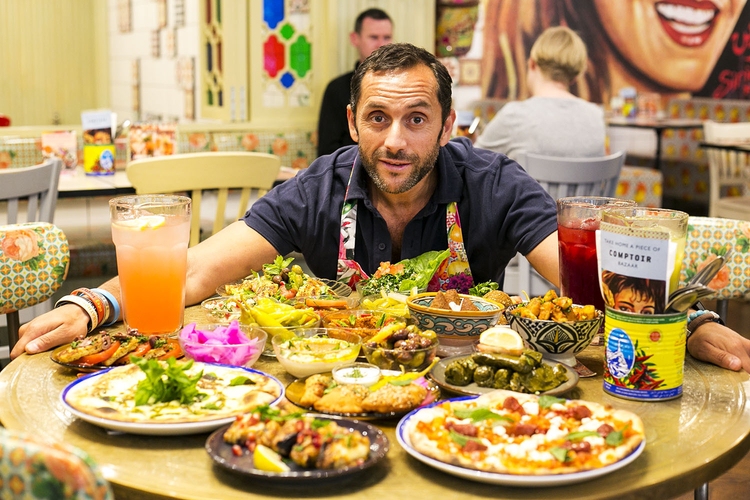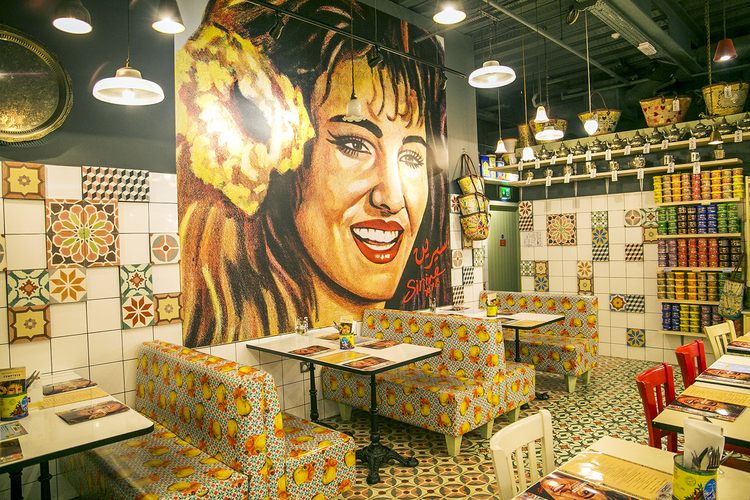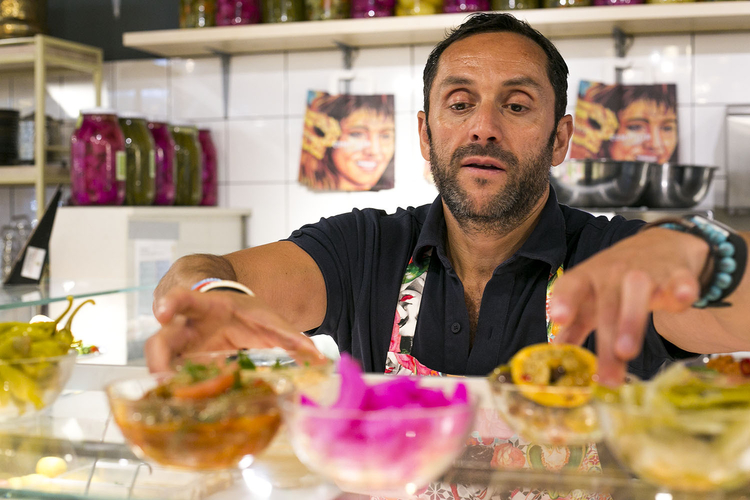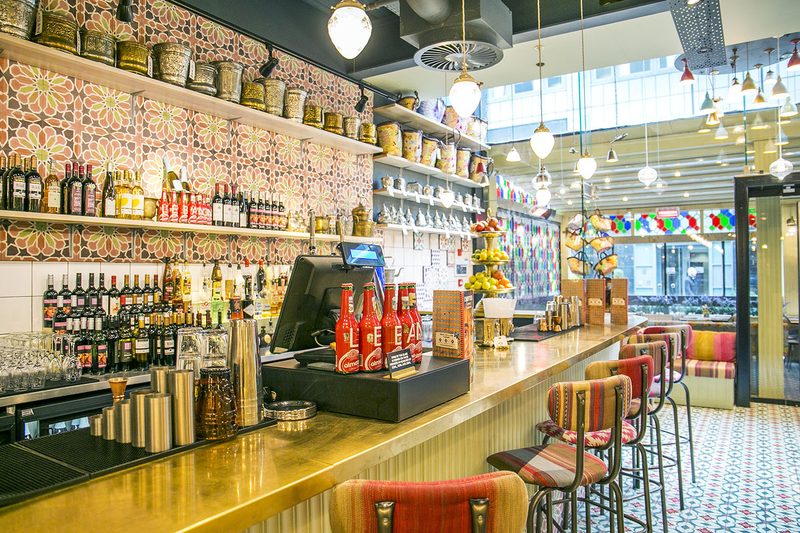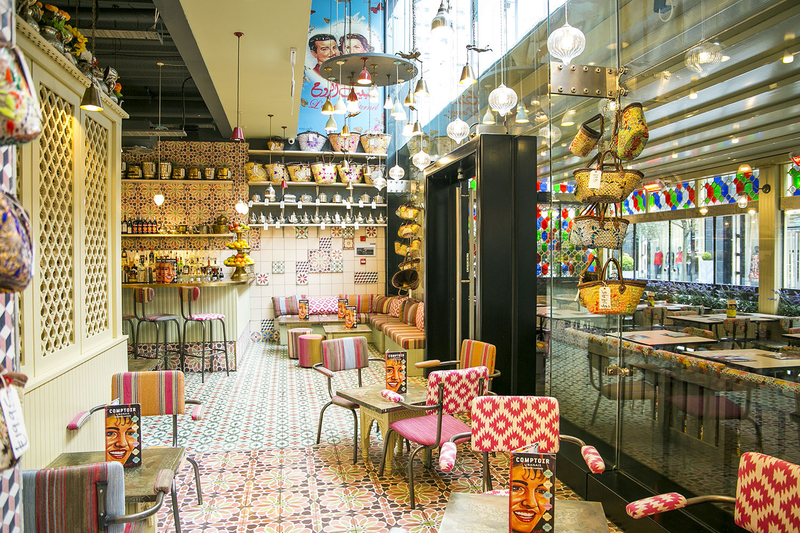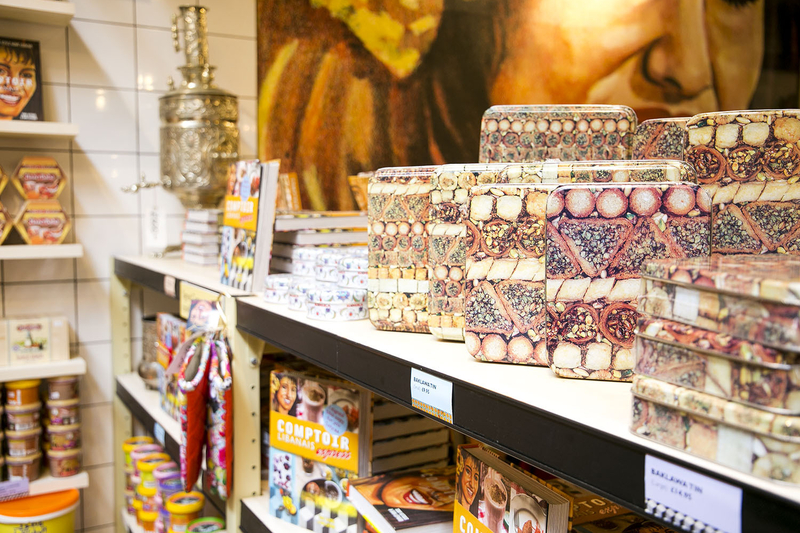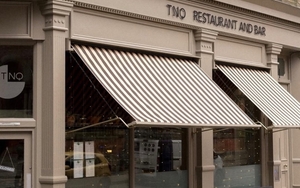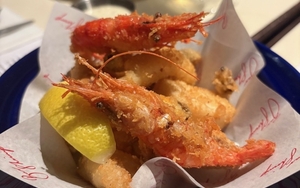The owner of the Lebanese restaurant group on why Arab food should be as popular as Italian
Comptoir Libanais is like a condensed snapshot of Tony Kitous’ childhood. Each branch is a recreation of the vibrant colours, patterns, textures, flavours, sights and smells of a Middle Eastern souk. His growing number of restaurants represents the kind of atmosphere you’ll find in a Lebanese market and even a typical family home.
“People these days think the Middle East is like what you see on CNN, but when they visit any of those countries, they come back saying how welcoming it is,” Kitous told us during a recent visit to the Spinningfields branch. “It breaks my heart because this is not how I was brought up. Comptoir is based on a genuine story. Everything you see here is based on the childhood of anyone who comes from the Middle East. Coming here will remind you of trips to Morocco, to Greece and Turkey. I am so proud of our culture and I just want to share it with the world.”
So what inspired the first branch back in 2008? “Looking at all the restaurants on the high street from other parts of the world, I genuinely felt that something was missing.
“I love Indian food, Chinese food and Thai food, but I can’t eat it on a daily basis. Maybe I’m sounding biased, but you can with Lebanese food. My dream is for Lebanese food to be as popular as Italian food. Man’ousha (homemade, oven-baked flat bread with toppings) for the Lebanese is what pizza is for the Italians.”
But surely everyone is familiar with hummus, halloumi and even kebabs. Maybe some people simply don’t realise that that’s what Middle Easten food is.
Comptoir is based on genuine story. Everything you see here is based on the childhood of anyone who comes from the Middle East
“And it’s so simple to make at home,” enthuses Tony, “it’s healthy, colourful and light. If you’re a vegetarian or vegan, you’re in heaven. Our menu is based on a true Mediterranean diet; lots of fresh fruit and vegetables, olive oil, chopped herbs, aubergines, orange blossom water, rose water, light aromatic spices and grilled meat. We also have home baked flatbreads, dips and salads. It’s a very healthy kind of cuisine.
“Comptoir is a casual restaurant and it’s all about the welcome, the hospitality and the colours; the whole experience. The moment our guests walk in, we want them to feel it’s like they’ve landed in a little village in Beirut.”
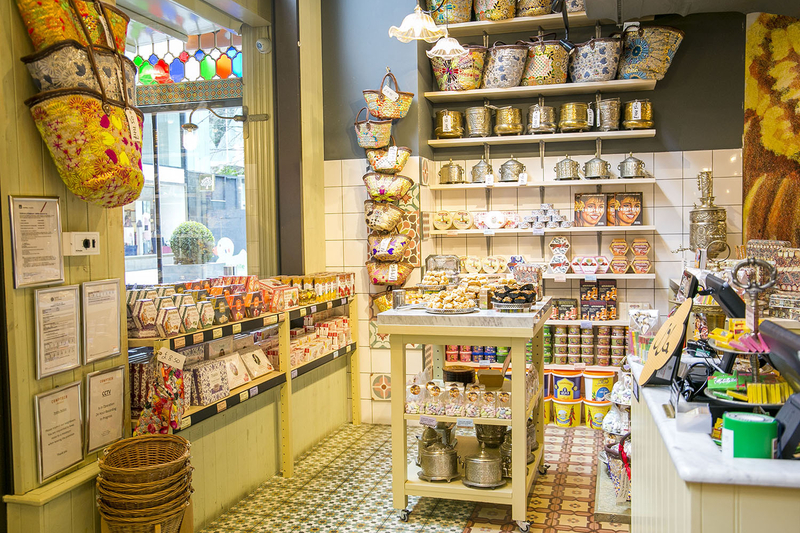
This explains why they have a souk near the front of the restaurant selling the kind of things you’ll find in the markets; spice blends like za’atar and sumac, sweets such as baklava, Turkish delight, sugared almonds and nougat, as well as pomegranate teas and flower waters. They also sell sugar bowls, tea pots, tagines, colourful crockery and the kind of weaved bags Tony used to take to the market with his dad. “We buy those from a group of women who make them in a small village outside Marrakesh”, Tony explained before showing us round the rest of the restaurant.
We have the dishes on display so people can understand Lebanese food with their eyes.
“The fabrics are the kind we use to cover our sofas at home, same with our lighting, the coloured glass shutters and brass tables handmade by local artisans. The colours are those of Lebanon, Syria and Tunisia. When you go to someone’s home, you’ll be greeted by metal gates leading to a courtyard, but these will always be open. I wanted to put all of this together to celebrate look and hospitality of our culture.”
He leads us over to the open kitchen. “Comptoir Libanais means Lebanese counter and our idea was to recreate the kind of thing you’ll find in the middle of a market where what you see is what you’ll get. We have the dishes on display so people can understand Lebanese food with their eyes. Food is a very important part of our culture.”
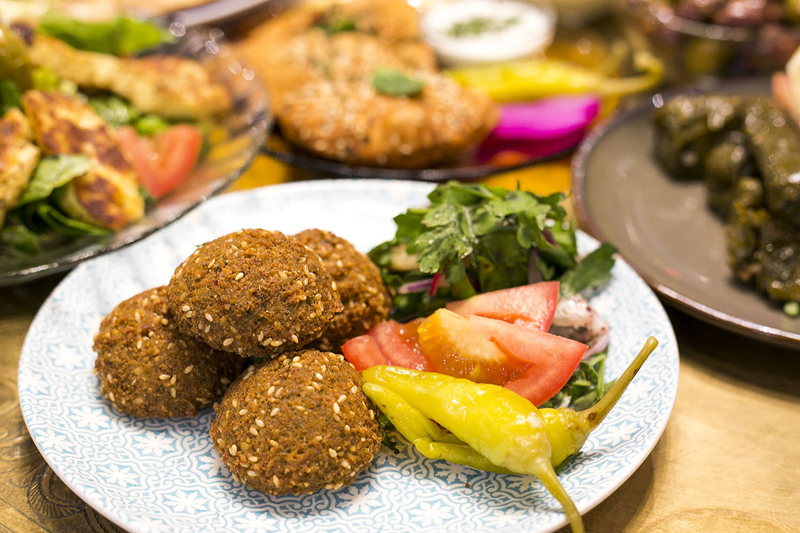
We sat down to eat through a huge spread of around twenty dishes (he admitted that over-feeding and generosity was a big part of their culture too.) We dipped warm pitta into baba ghanoush –grilled aubergines with tahini, garlic, lemon juice, along with muhammara, a dip made with blended roast red peppers, nuts, cumin seeds and olive oil.
“Our food is fun, delicious and healthy. All of it is simple to make at home and adapt it to your taste.” We tried soujoc, sliced Armenian sausages cooked with fresh tomatoes and pomegranate molasses; grilled chicken skewers with paprika; and vibrant pink turnip slices pickled in beetroot juice, along with sweet, mild pickled chillies.
Tony picked up another plate, “this halloumi and tomato salad is my take on the Italian Caprese salad and is one of our most popular dishes.” He pointed at a bowl of fattoush, a salad made with lettuce, tomatoes, radishes, spring onions, mint, pomegranate and slow baked bread marinated in olive oil and sumac which Tony claims to eat almost every day.
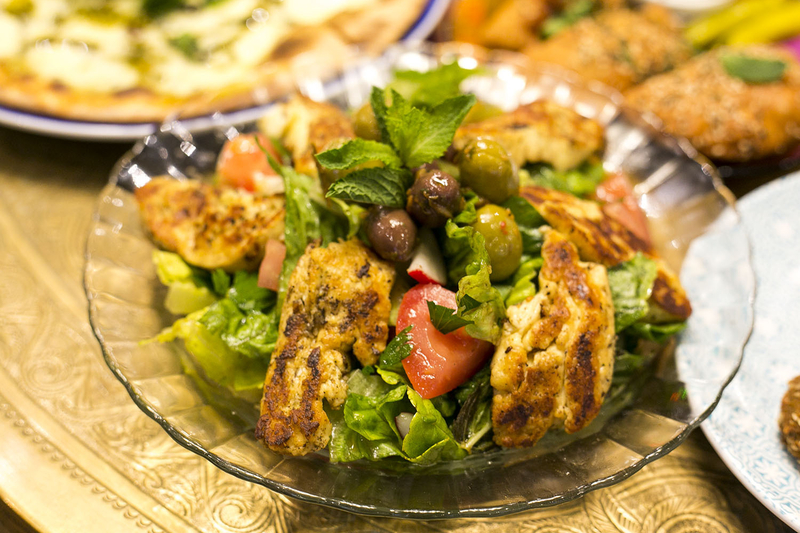
We also tried tabbouleh, a parsley and cracked wheat salad which is arguably Lebanon’s national dish, Tony described falafel as “a poor man’s food and it’s something you can eat all day from breakfast through to after work.”
Kitous is proud of where he comes from and is on a mission to capture the essence of this vibrant and ancient culture. He wants a visit here, whether for breakfast, a light snack or a full on mezze feast, to feel like it would round at his family home, and for a pleasant afternoon, it really did.
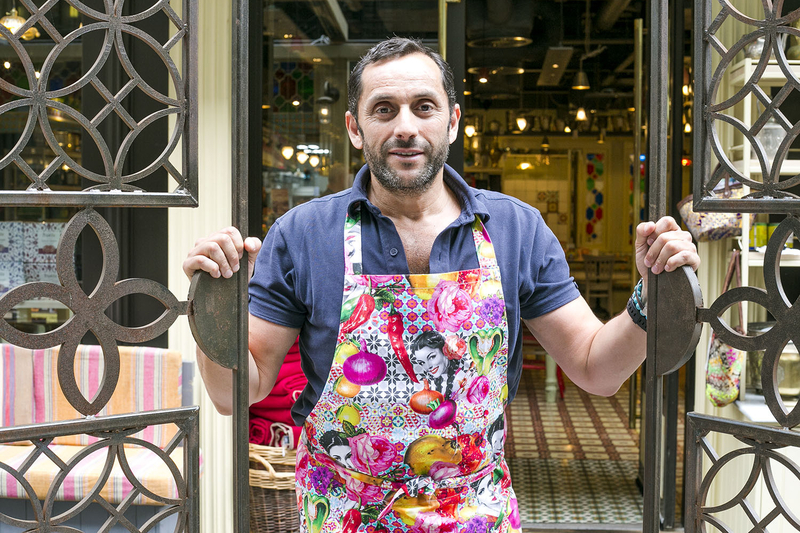
18-19 THE AVENUE, SPINNINGFIELDS, MANCHESTER, M3 3HF. TEL: 0161 672 3999 - Find out more about Comptoir Libanais here.





